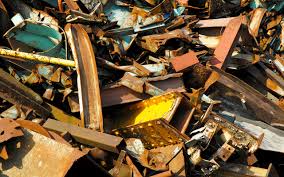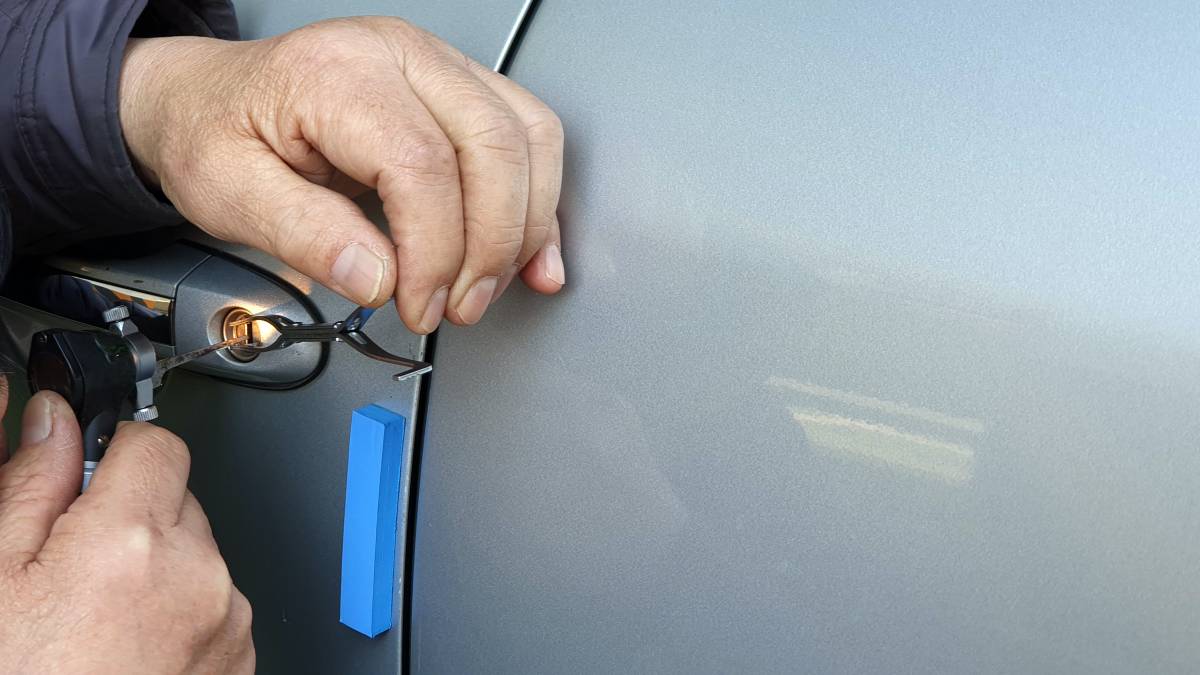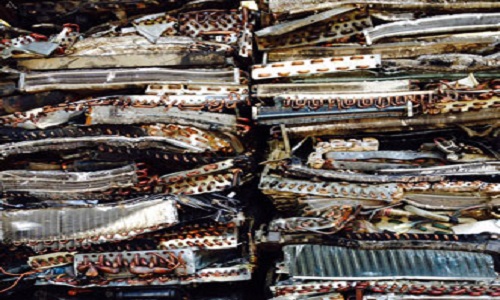
The Benefits of Scrap Metal Recycling for the Environment and Business
As we become increasingly aware of the impact we have on the environment, many of us are exploring ways we can reduce our carbon footprint and protect our planet for future generations. One way we can do this is by recycling scrap metals. Not only does this practice significantly reduce waste, but it also provides a range of benefits for businesses and communities. In this blog post, we will explore the importance of scrap metal recycling and how it can create a positive impact on the environment and economy.
Scrap metal recycling in Brooklyn has a significant impact on the environment. Every year, millions of tonnes of metal waste are deposited in landfill sites, which contribute to environmental pollution and greenhouse gas emissions. However, by recycling this waste, we can reduce harmful environmental consequences, including the release of toxins and the depletion of natural resources. Recycling scrap metals can significantly decrease the amount of energy needed to mine and refine new metals. It conserves natural resources by saving the energy and reducing emissions that occur when deriving new metals. For example, recycling one tonne of steel can save up to 1.5 tonnes of CO2 emissions.
In addition to the environmental benefits, there are tremendous economic benefits to be garnered from scrap metal recycling. The recycling industry provides employment opportunities and boosts local economies by creating jobs. Recycling metal has the potential to reduce energy costs for manufacturers, which could result in lower prices for consumers. Increasing the amount of recycled metal that is reused in manufacturing also maintains the demand for scrap metals, protecting the commodity’s value. As a result, scrap metal recycling also supports other industries that use recycled metals as raw materials.
Scrap metals can be found in an extensive array of products, including appliances, cars, planes, and more. These products can contain various types of metals that can all be recycled. Metals like aluminium and copper are in high demand and carry a high value because they can be recycled again and again. Other metals such as zinc and lead have lower reusability cycles but are still recycled with less frequent schedules. Moreover, local governments may incentivize businesses and individuals that participate in scrap metal recycling programs. A few extra bucks for contributing scraps to recycling programs can be an additional benefit to individuals.
Lastly, scrap metal recycling in Hoppers Crossing reduces the amount of waste that ends up in landfill and contributes to the pollution of our natural resources. Apart from preventing waste, it lowers the total amount of waste, it also supports the process of becoming a sustainable society. The process of recycling reduces the harmful impact of hazardous materials in landfills. It can also prevent groundwater contamination from leaching harmful chemicals that result from largely dumping out scrap metals in landfills. It’s essential to understand the environmental value of recycling, especially as a method of preventing waste material from despoiling the environment.
In conclusion, recycling scrap metals is essential to protect the environment and preserve natural resources. It offers a broad range of economic, social, and environmental benefits, such as reduced energy consumption, the creation of jobs, and lower manufacturing costs. At the same time, it also helps to prevent pollutants from entering our water sources and contamination of our soil. Hence, taking a step forward in scrap metal recycling is a win-win for both businesses and the environment. We hope that this post inspired you to join the movement towards a sustainable future.



